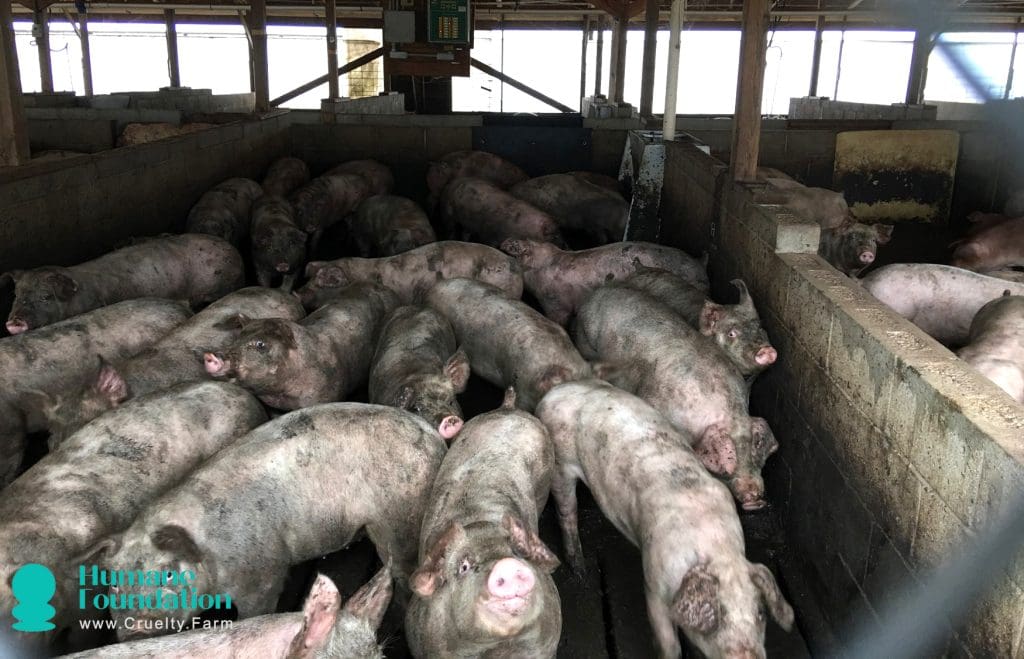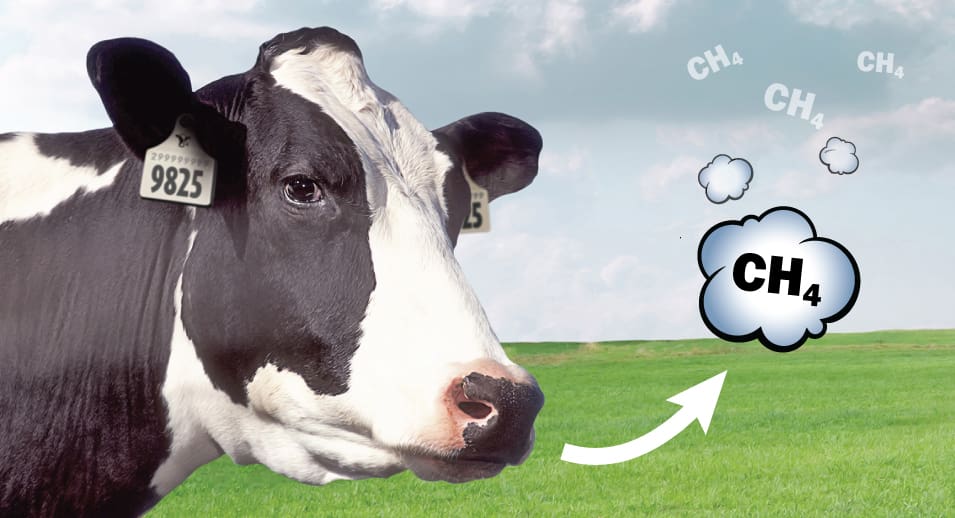Factory farming is a complex and often hidden industry that plays a significant role in our food system. While it may seem convenient and cost-effective, there is a dark side to mass food production that goes unnoticed by many consumers. Behind the scenes, animals are subjected to unimaginable cruelty and suffering in the name of profit. In this post, we will shed light on the hidden cruelty behind your food and expose the shocking realities of factory farming. Prepare to be informed, shocked, and inspired to make a change.

The Impact of Factory Farming on Animal Welfare
Factory farming practices have a detrimental impact on the welfare of animals.
Animals in factory farms are often confined to small, overcrowded spaces, leading to physical and psychological distress.
Factory farming prioritizes profit over animal well-being, resulting in cruel and inhumane treatment.
The use of antibiotics and growth hormones in factory farming further compromises animal welfare.
Uncovering the Dark Realities of Factory Farming
Factory farming is hidden from public view, making it difficult to expose the cruel realities behind mass food production.
Investigative reports and undercover investigations have revealed shocking instances of abuse and neglect in factory farms.
The secrecy surrounding factory farming perpetuates a system of exploitation and suffering for animals.
Consumer awareness plays a crucial role in unveiling the dark side of factory farming and questioning its ethics.
The Environmental Consequences of Factory Farming
Factory farming is a major contributor to environmental degradation and climate change.
The excessive use of natural resources, such as water and land, in factory farming has a significant impact on ecosystems.
Factory farming operations produce large amounts of greenhouse gas emissions, including methane and carbon dioxide.
The pollution from factory farming runoff contaminates water sources and harms wildlife and aquatic life.
Ethical Concerns Surrounding Factory Farming Practices
Factory farming raises ethical concerns regarding the treatment of animals as mere commodities. The mass production and slaughter of animals in factory farms disregard their inherent value and moral rights. Factory farming perpetuates a culture of exploitation, devaluing both human and animal lives. The ethical implications of factory farming extend beyond animals to include the mistreatment of workers and the violation of human rights.
Solutions for Combating Animal Cruelty in Factory Farming

Implementing and supporting legislation that enforces stricter animal welfare standards in factory farms is crucial for combating cruelty.
Promoting and adopting alternative food production systems, such as organic farming and regenerative agriculture, can reduce reliance on factory farming and its associated animal cruelty.
Consumer choices, such as opting for plant-based diets or supporting ethically sourced and certified animal products, can drive change in the industry.

Educating the public about the realities of factory farming and its impact on animal welfare can empower individuals to make informed decisions and demand change.
The Health Risks Associated with Factory Farming
Factory farming practices contribute to the spread of antibiotic-resistant bacteria, posing a significant threat to public health.
Consuming meat and dairy products from factory farms increases the risk of foodborne illnesses and contamination.
The use of pesticides and chemical additives in factory farming can have detrimental effects on human health.
Factory farming has been linked to the emergence of zoonotic diseases, such as avian influenza and swine flu, with potential global health implications.
The Importance of Supporting Ethical and Sustainable Food Practices
Choosing ethically and sustainably produced food is essential for the well-being of animals, the environment, and local communities. By supporting these practices, we can make a positive impact on the food system and create a more sustainable future.
Promoting Animal Welfare
Supporting ethical food practices means prioritizing the welfare of animals. By choosing products from farms that prioritize the humane treatment of animals, we can contribute to ending the cycle of cruelty and suffering in factory farming.
Protecting the Environment
Supporting sustainable food practices helps protect the environment. Organic farming methods, for example, reduce reliance on harmful pesticides and fertilizers, minimizing pollution and preserving ecosystems. Additionally, sustainable farming practices promote soil health and biodiversity.
Strengthening Local Communities
By supporting small-scale farmers and local food systems, we can contribute to the vitality of our communities. Buying locally produced food helps support local economies and ensures that farmers receive fair compensation for their hard work.
Reducing our Carbon Footprint

Shifting towards a plant-based or plant-centric diet can significantly reduce our carbon footprint. Animal agriculture is a major contributor to greenhouse gas emissions, and by reducing our consumption of animal products, we can mitigate climate change and promote a more sustainable future.
Demanding Accountability
Advocating for transparency in the food industry and holding corporations accountable for their practices is crucial. By demanding clear labeling, ethically sourced and certified products, and fair treatment of both animals and workers, we can drive positive change in the industry.
Supporting ethical and sustainable food practices is not only beneficial for the well-being of animals and the environment but also for our own health and the health of future generations. By making conscious choices about the food we consume, we can create a more equitable, resilient, and sustainable food system for all.
Conclusion
Factory farming is a deeply problematic and cruel system that prioritizes profit over the welfare of animals. The hidden realities behind mass food production expose animals to immense suffering and neglect. The environmental consequences of factory farming are also severe, contributing to climate change and ecosystem degradation. Ethical concerns surrounding factory farming extend beyond animals to encompass human rights violations and exploitation of workers. However, there are solutions available to combat animal cruelty in the industry.
Implementing stricter animal welfare legislation, supporting alternative food production systems, and making conscious consumer choices can all contribute to positive change. Furthermore, educating the public about the realities of factory farming empowers individuals to demand accountability and make informed decisions about their food choices. Supporting ethical and sustainable food practices not only benefits animal welfare but also protects the environment and supports local communities.
By advocating for transparency in the food industry and promoting responsible and compassionate practices, we can create a food system that respects the rights and well-being of animals, while also safeguarding our planet and personal health. It is up to each of us to make a difference through our choices and actions, and together we can foster a more ethical and sustainable future for our food system.

4.2/5 - (8 votes)



